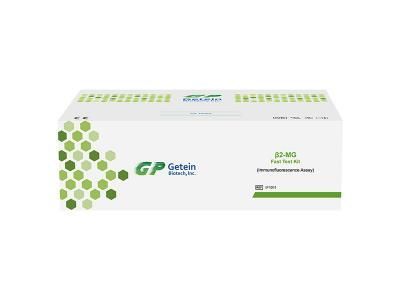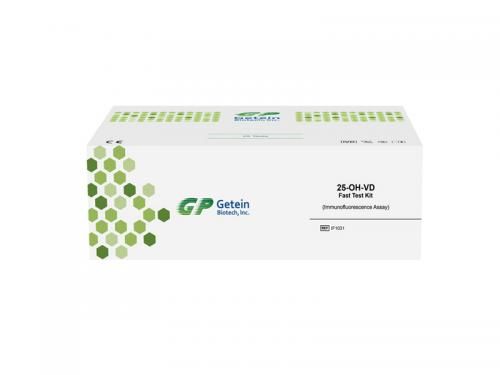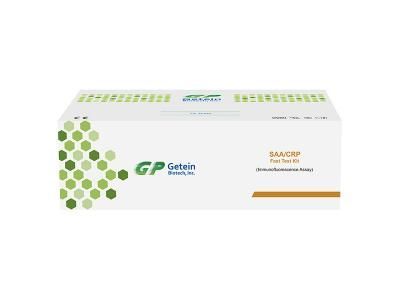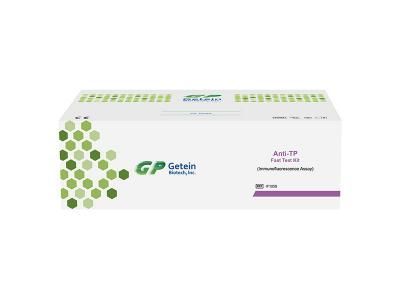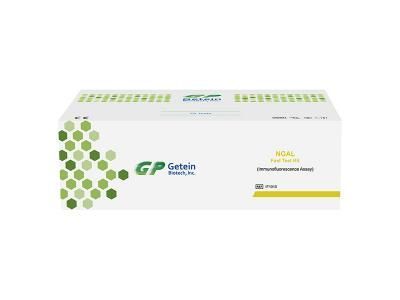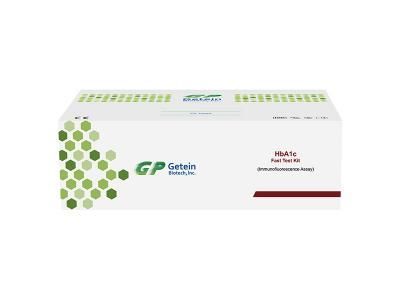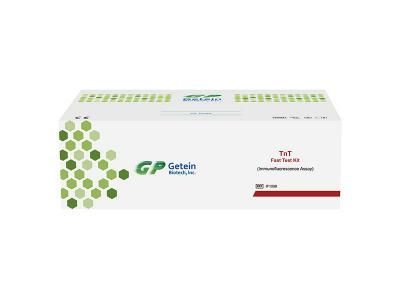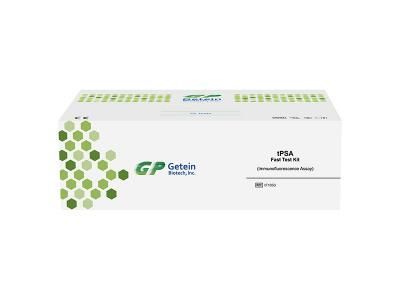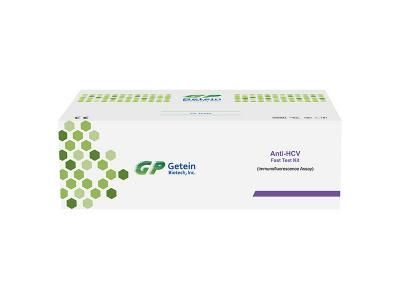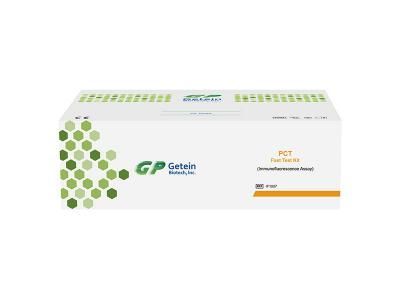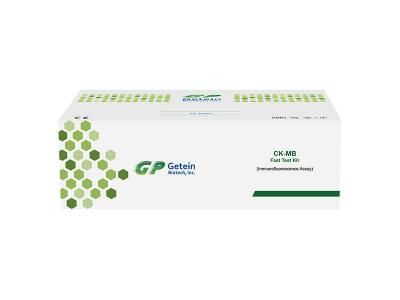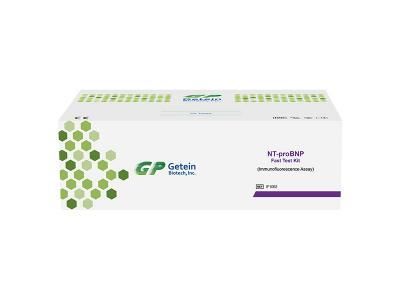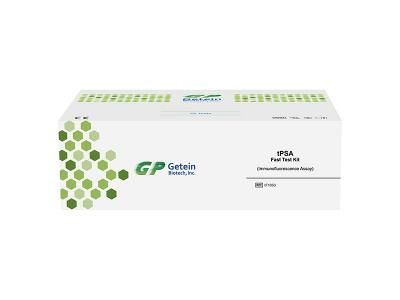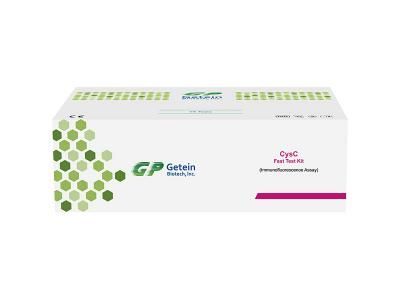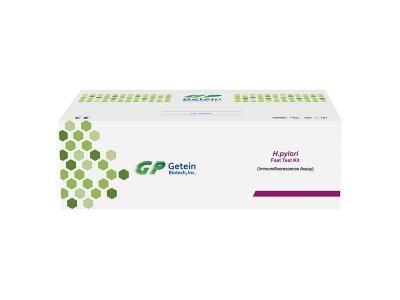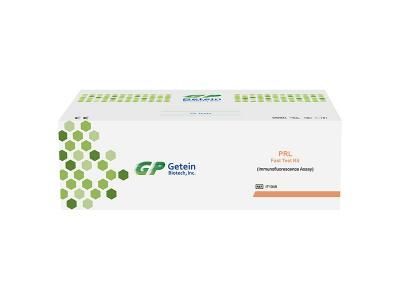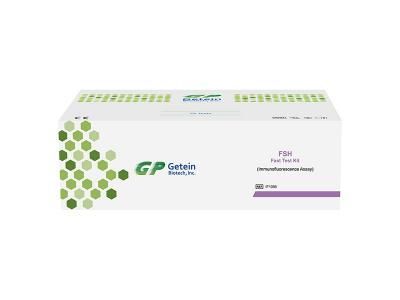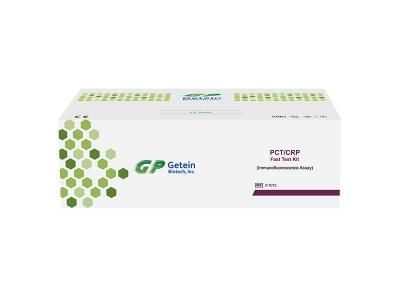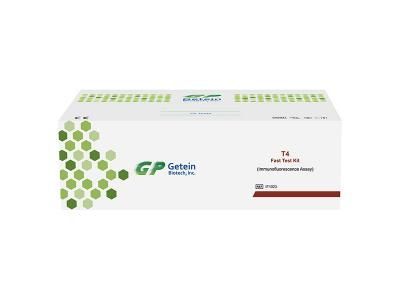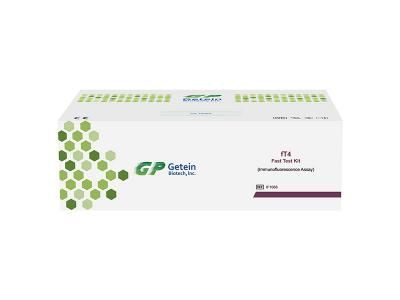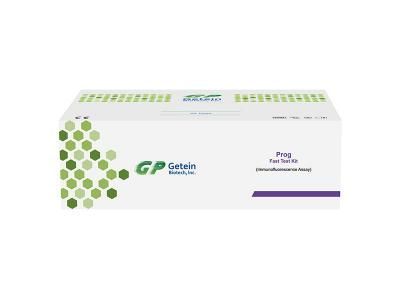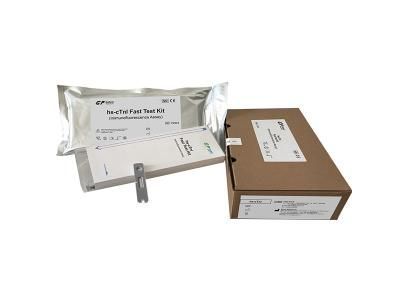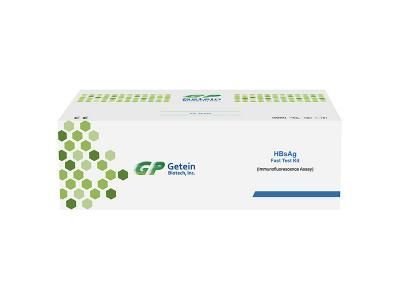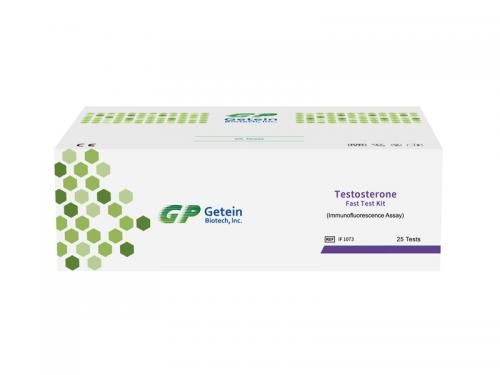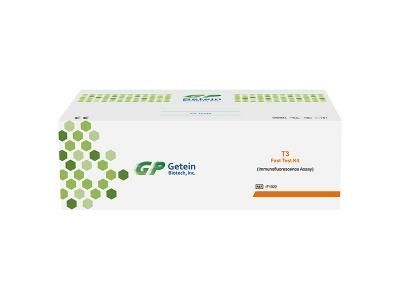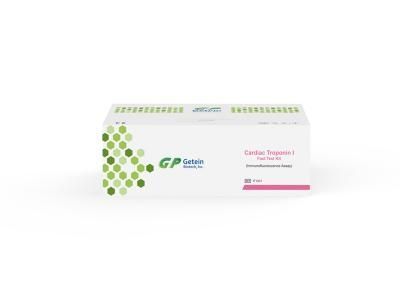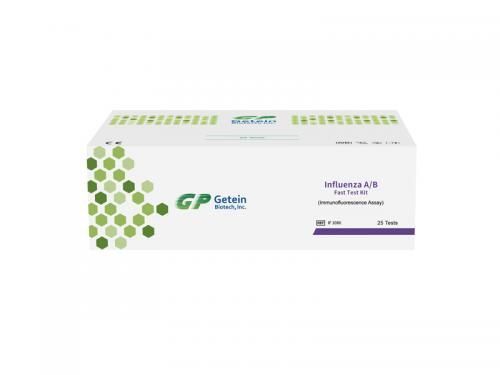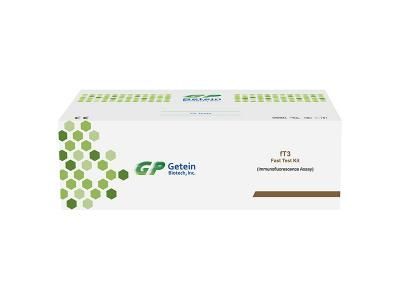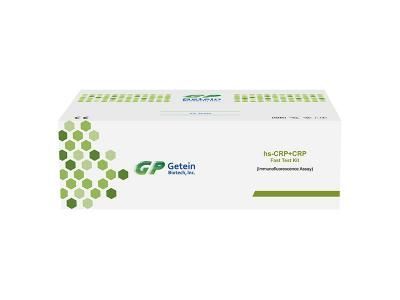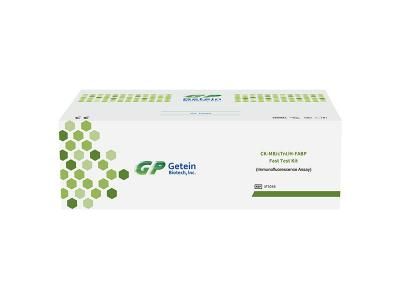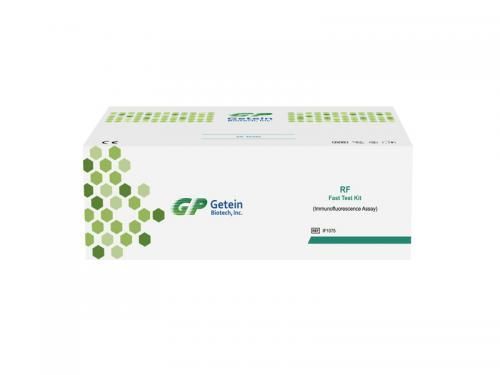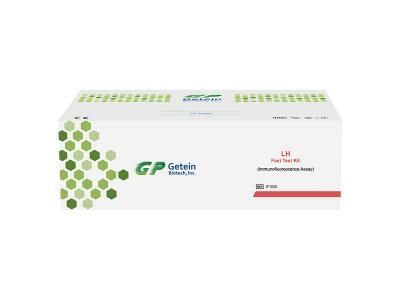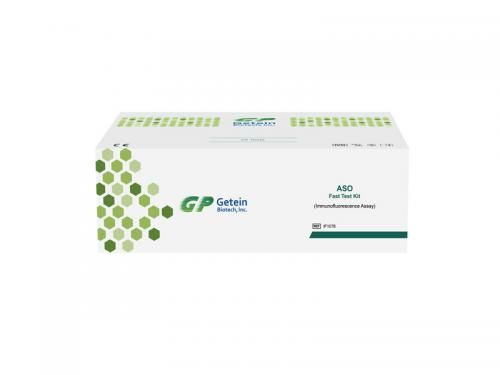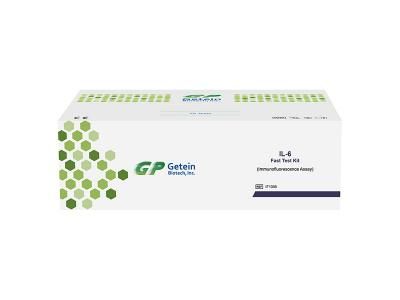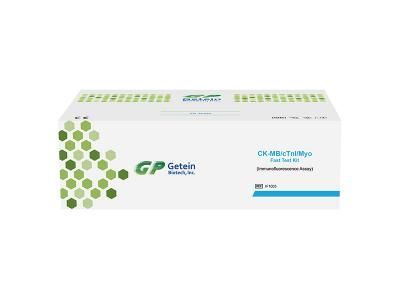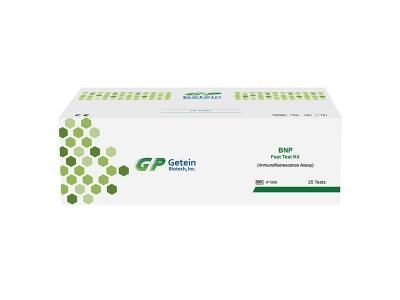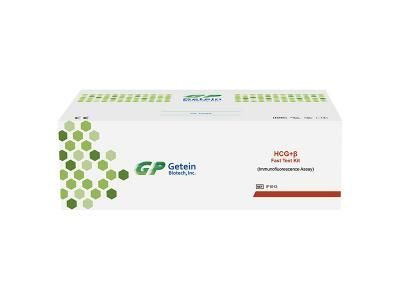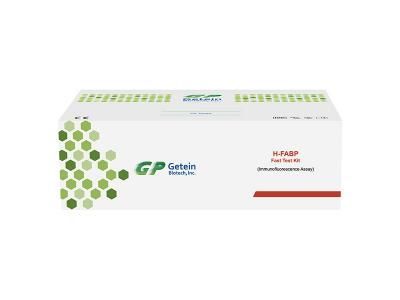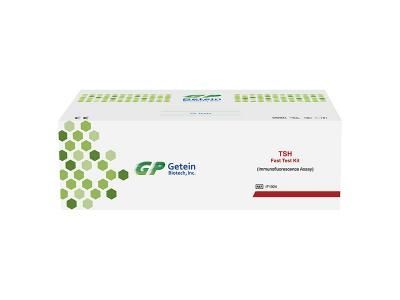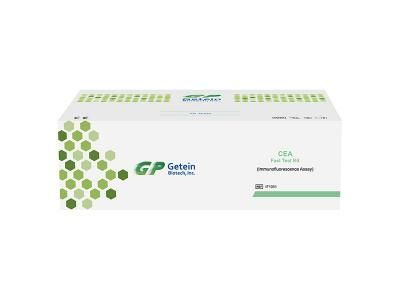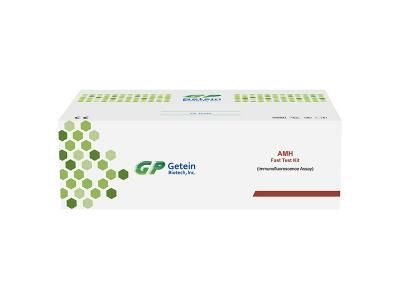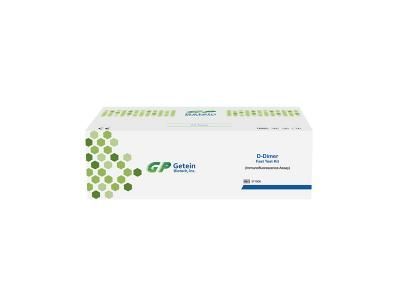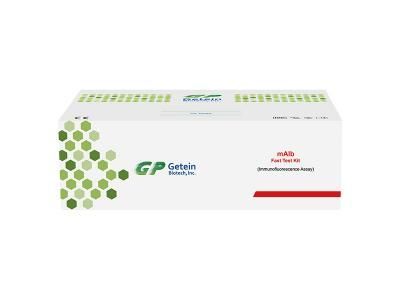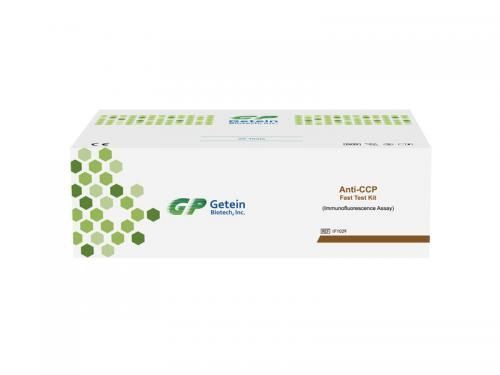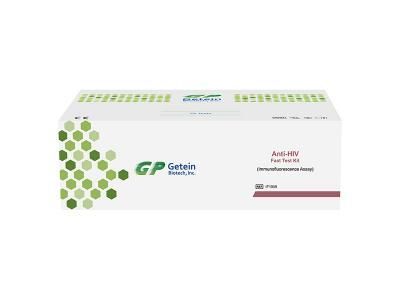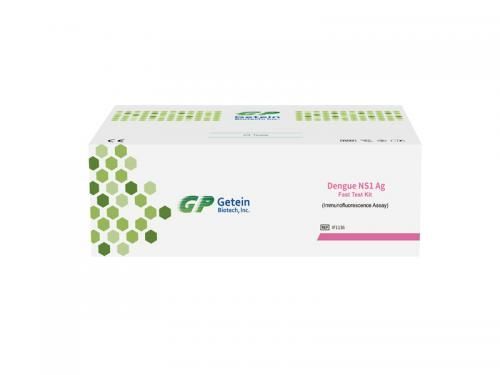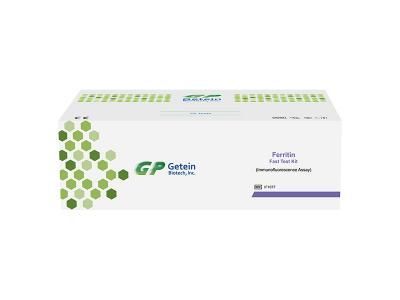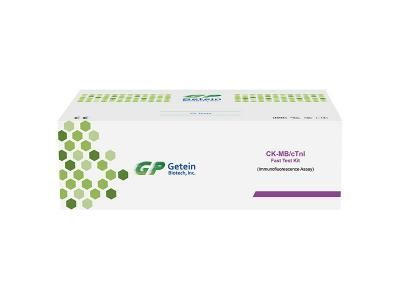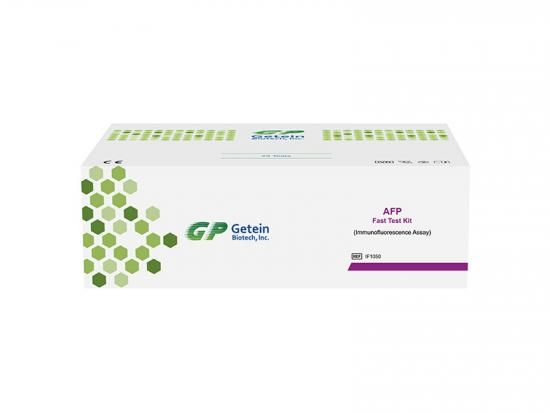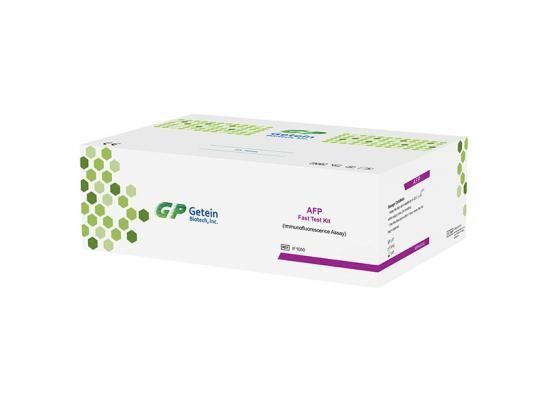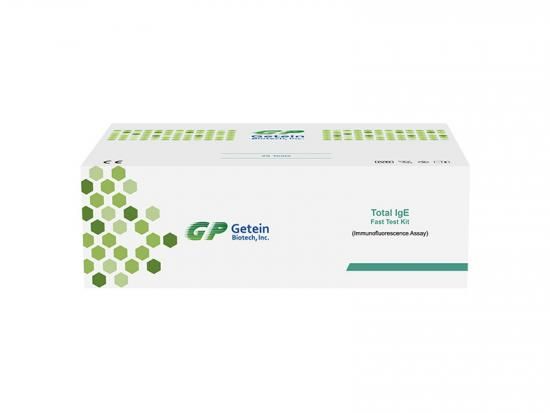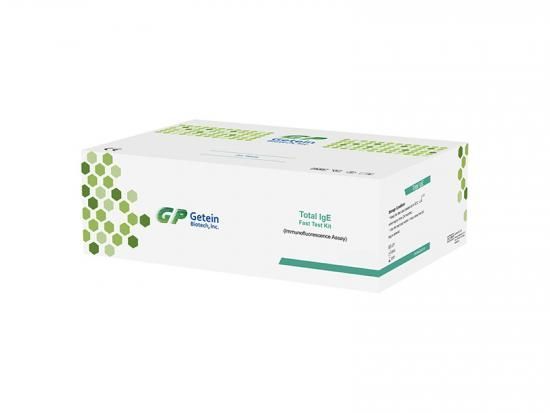Getein β2-MG Fast Test Kit is used as an aid in the detection and evaluation of glomerular filtration rate, renal transplantation and renal function.
Intended Use
The β2-MG Fast Test Kit (Immunofluorescence Assay) is intended for in vitro quantitative determination of beta 2-microglobulin (β2-MG) in serum, plasma, or whole blood. Measurement of β2-MG is useful for detecting and evaluating glomerular filtration rate, renal transplantation, and renal function.
About β2-MG
β2-MG is an 11.8 kDa protein that forms one of the chains of the major histocompatibility complex (MHC) class I molecule, normally present on the surface of every nucleated cell in the human body. Ninety percent of β2-MG is eliminated via glomerular filtration and is almost completely reabsorbed by the proximal tubule. β2-MG is present in small amounts in the serum, cerebrospinal fluid (CSF), and urine of normal individuals, but is found in greater quantities in the urine and plasma of patients with tubular proteinemia, renal failure, or kidney transplants.
Contents
For Getein 1100
Package specifications: 25 tests/box, 10 tests/box
β2-MG test card in a sealed pouch with desiccant
Capillary pipette
Sample diluent
User manual: 1 piece/box
SD/RFID card: 1 piece/box
For Getein 1600
Package specifications: 2×24 tests/kit, 2×48 tests/kit
Sealed cartridge with 24/48 Getein β2-MG test cards
User manual: 1 piece/box
Materials required for Getein 1600:
- Sample diluent: 1 bottle/box
- Box with pipette tips: 1 piece/box
- Mixing plate: 1 piece/box
Note: Do not mix or interchange different batches of kits.
Specifications
Test Item:
β2-MG
Sample:
Serum, Plasma, Whole Blood
Method:
Immunofluorescence Assay
Storage Condition:
4-30℃
Detection Range:
0.5~20.0 mg/L
Test Time:
3 min
Cut-off Value:
0.8~3.0 mg/L
Shelf Life:
24 months
Applicable Devices
- Getein 1100 Immunofluorescence Quantitative Analyzer
- Getein 1600 Immunofluorescence Quantitative Analyzer
Clinical Applications
- Aid in evaluating kidney disease.
- Assessment of hypertension and kidney injury caused by diabetic nephropathy (DN).
- Evaluation of prognosis and therapeutic effect in malignancies.
- Post-transplantation lymphoproliferative disease (PTLD).
- Glomerular filtration function assessment.
- Dynamic observation and diagnosis of kidney transplant rejection.
- Multiple myeloma diagnosis and management.

